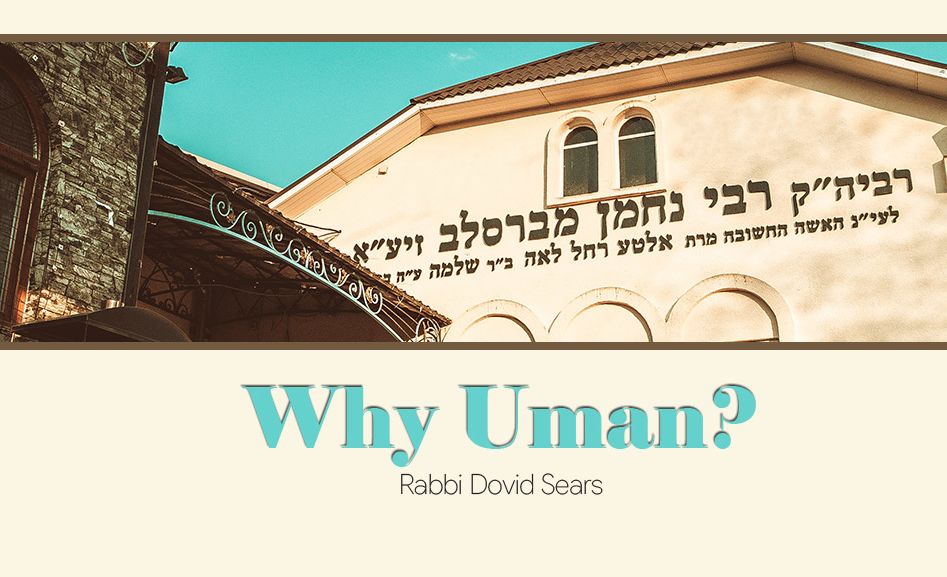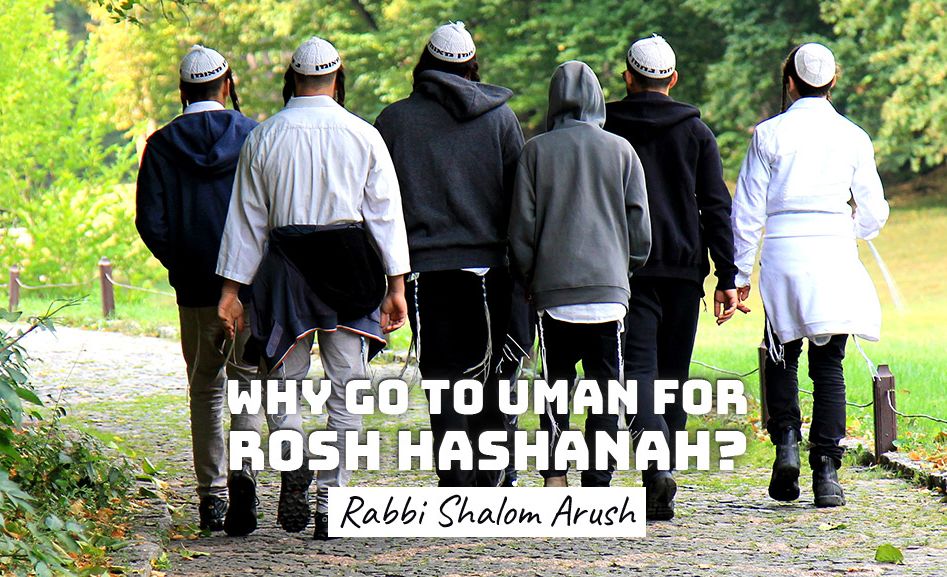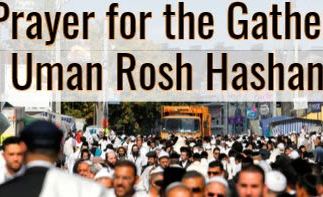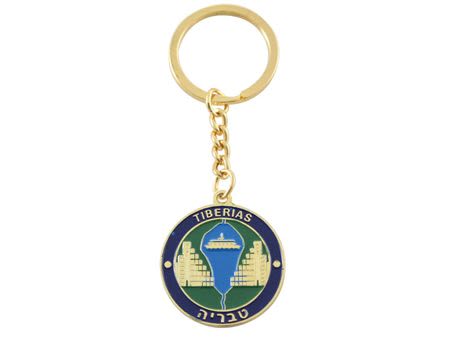
Exiled to Siberia
The judges sentenced him to 5 years of harsh labor in Siberia; that terrible decree saved his life. This is the story of how Yitzchak Gelbach, a Breslever Chassid, reached his life’s dream to be at the grave site of Rebbe Nachman in Uman.

Translated by Chana Cohen
A gloomy and anxious atmosphere filled the Soviet prison in Vilna. Tens of prisoners huddled together in the dank, miserable cell. Among them were Yeshiva students from Baranovitch who were captured while trying to flee for their lives.
Yitzchak Gelbach, who from twelve years old was attracted to Breslev, was one of those students. He refused to admit to anything untrue or to sign any incriminating documents. Eventually, after many long and exhausting days of torture and cross-examinations, his friends convinced him to sign some of the false accusations. This way he was able to leave the stinking cellars and at least get a small piece of bread. Most important of all, he was able to get a breath of fresh air.
The judges sentenced him to five years of exile in frozen, distant Siberia. In hindsight he realized that this harsh decree actually saved his life, for a short while after he boarded the train headed for Siberia, the Nazis captured Vilna and carted off every Jew– including the ones in jail–to the concentration camps.
R’ Yitzchak endured many excruciating hardships in Siberia. His Tefillin and Tzitzit were stolen from him, and he testified in his old age that “it was only thanks to Rebbe Nachman of Breslev’s wonderful advice regarding personal prayer and private conversations with the Creator, which gave an amazing feeling of closeness to HIm”, that he survived the inferno without falling prey to despair. He continued even while struggling to keep the Torah and Mitzvot as best as he could in every situation.
Three months before his five-year sentence was up, World War Two ended. Many prisoners were granted amnesty, including R’ Yitzchak. Once day, out of the blue, they called him to camp headquarters  and informed him that he was being released early. According to the law he needed to choose in which city he wished to relocate, so that they could equip him with an appropriate travel card.
and informed him that he was being released early. According to the law he needed to choose in which city he wished to relocate, so that they could equip him with an appropriate travel card.
Sixteen years had passed since R’ Yitzchak became a Breslever Chassid and he still hadn’t merited to be at the grave site of Rebbe Nachman of Breslev in Uman. Five years in Siberia couldn’t cool off the intense feelings of longing within him, and neither could the thousands of kilometers between Siberia and Uman. Since both places were under the same rule, this was his chance…
Not wanting to reveal his true intentions, which were likely to send him straight back to Siberia, he pretended to hesitate before choosing a city. He then asked for a map of Russia and started pointing to different areas. He “considered” Moscow, Leningrad, and then Kiev… at last he reached his “decision” and pointed directly to the city of Uman, Ukraine.
The young man walking towards the train station didn’t even resemble the student from Baranovitch. A shadow of his former self and frightfully thin, he staggered unsteadily in the direction of the train. Nobody gave him directions and only after a few days, during which he nearly lost his life, did he finally find the train he needed.
To his horror the train itself, which was supposed to bring him to freedom and liberation, turned out to be a cruel death trap of starvation and cold. During the few weeks of the journey many freed prisoners, who had no food or suitable clothing, breathed their last due to the intense cold and hunger. R’ Yitzchak almost joined them… for a few days he just sat in one place, the hunger and terrible cold squeezing the last little bit of life out of him.
In Heaven they saw the poor fellow trying to make his way to the Rebbe’s grave site in Uman, and they sent him a savior in the form of a senior army officer who for some reason had pity on him. He gave R’ Yitzchak some bread and even insisted that they share all the food he had with him. It wasn’t until the end of the journey when the train stopped in Moscow that the officer revealed his Jewish identity. He had lost all of his family in the Holocaust and he begged R’ Yitzchak to remember his name and his father’s name. R’ Yitzchak, even after becoming a great Rabbi, always remembered his promise and until the end of his days he said Kaddish for the soul elevation of this Jewish officer who saved his life.
In Moscow, R’ Yitzchak met R’ Nosson Sternhertz, the grandson of Rebbe Nachman, and his son-in-law R’ Michel Dorfman. He was finally able to put on Tefillin after five long years of disconnection, and after stocking up on food he continued on to the train which brought him to Uman after one day. There he met Daniel Hager, who brought him to Rebbe Nachman’s gravesite — the apex of his desire. Later on, he even introduced R’ Yitzchak to the future Mrs. Gelbach, who was a granddaughter of Rebbe Nachman. Together, they built a glorious family.
The evil judges who sentenced him to Siberia never dreamed to what happiness Divine Providence was leading R’ Yitzchak. They saved him from the Nazi beasts and even helped him reach his life’s dream–to be at the grave site of Rebbe Nachman in Uman.











Tell us what you think!
Thank you for your comment!
It will be published after approval by the Editor.